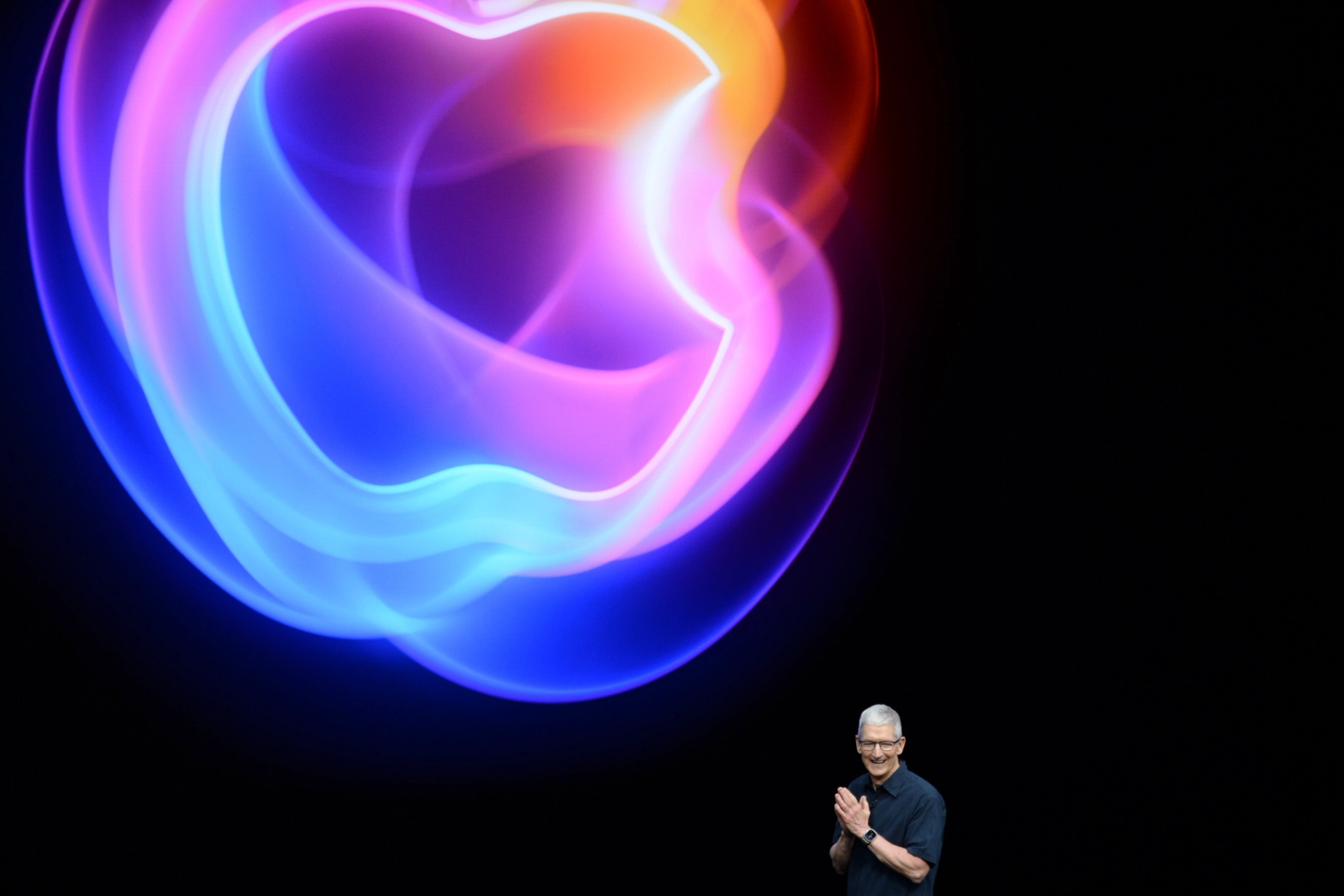The Scoop
A new lawsuit filed by a current Apple employee accuses the company of spying on its workers via their personal iCloud accounts and non-work devices.
The suit, filed Sunday evening in California state court, alleges Apple employees are required to give up the right to personal privacy, and that the company says it can “engage in physical, video and electronic surveillance of them” even when they are at home and after they stop working for Apple.
Those requirements are part of a long list of Apple employment policies that the suit contends violate California law.
The plaintiff in the case, Amar Bhakta, has worked in advertising technology for Apple since 2020. According to the suit, Apple used its privacy policies to harm his employment prospects. For instance, it forbade Bhakta from participating in public speaking about digital advertising and forced him to remove information from his LinkedIn page about his job at Apple.
“For Apple employees, the Apple ecosystem is not a walled garden. It is a prison yard. A panopticon where employees, both on and off duty, are subject to Apple’s all-seeing eye,” the lawsuit says.
In a statement, Apple said it strongly disagrees with the claims in the lawsuit. “Every employee has the right to discuss their wages, hours and working conditions and this is part of our business conduct policy, which all employees are trained on annually,” it said.
Bhakta is represented by Chris Baker of Baker Dolinko & Schwartz, and Jahan Sagafi, of Outten & Golden. Baker has filed a number of high-profile lawsuits against large technology companies that target allegedly illegal employment policies. He also represented Susan Fowler, the former Uber employee who drew attention to sexual harassment in the tech industry. Sagafi settled a major class action suit against Uber.
The lawsuit against Apple says the iPhone maker’s policies push employees to meld their work and home lives digitally in a way that gives Apple knowledge of what they are up to beyond their jobs.
For instance, according to the suit, Apple requires that employees only use Apple-made devices for work. Because Apple puts restrictions on the devices it owns, most employees end up using their own Apple devices, according to the suit.
When using their own devices, they’re required to use their personal iCloud accounts and must agree to using software that gives the company the ability to see virtually anything happening on that device, including its real-time location.
“If you use your personal account on an Apple-managed or Apple-owned iPhone, iPad or computer, any data stored on the device (including emails, photos, video, notes and more), are subject to search by Apple,” the company’s confidential policy states, according to the lawsuit.
Former employees have, in the past, complained about Apple’s ability to access their personal information. The new lawsuit sheds more light on the practice and the specific company policies that allegedly allow the practice.
To evade Apple’s surveillance, employees could use a work-owned device and use a separate iCloud account only for work, but the suit says the company “actively discourages” work-only iCloud accounts.
Bhakta filed the suit under the California Private Attorneys General Act, which allows employees to sue on behalf of the state for labor violations. If found liable, Apple could be forced to pay penalties for each violation, multiplied by the number of employees affected.
In this article:
Reed’s view
Viewed through a more narrow lens, this lawsuit is interesting because of the unique position workers at big tech companies are in when it comes to employee surveillance.
We all assume, or should, that our employers can see what we do on laptops and phones that they own. But if we are using our own devices at home, we reasonably assume we’re not being spied on.
But if you work for a company like Apple, Google, or Microsoft, just the consumer terms of service alone might make you subject to surveillance.
For Apple employees, it is a panopticon in the literal sense. There’s no evidence that Apple is interested in the private lives of its employees, except when it has reason to believe they’re leaking information or stealing trade secrets.
But there’s no way for employees to truly know if their employer is looking, or not. Or whether their movements are being recorded or stored in some way that could later come back to bite them.
Viewed through a broader lens, the lawsuit is interesting because it puts Apple’s vast universe of personal data under the spotlight at a time when it is pitching itself as the privacy-focused alternative in the age of artificial intelligence.
Apple has long been able to pitch itself as a privacy-focused company because of the businesses it is not in, such as targeted advertising. It has worked hard to prevent its customers’ data from leaving Apple’s ecosystem.
That didn’t mean Apple didn’t have access to a lot of very personal data on its customers. It just meant that it wouldn’t use it to send them targeted ads.
Apple customers are a lot like Apple employees. We give up a tremendous amount of our personal information to the company and our belief that it’s safe comes down to our faith in the company.
Room for Disagreement
Apple has long held that privacy is a “fundamental human right.” In fact, its adherence to that view may have set it back in the AI race. Now, its new AI strategy, known as “Apple Intelligence,” is built around on-device processing, ensuring its customers’ AI prompts do not get sent to the cloud, where they could be collected and used for many different purposes.
